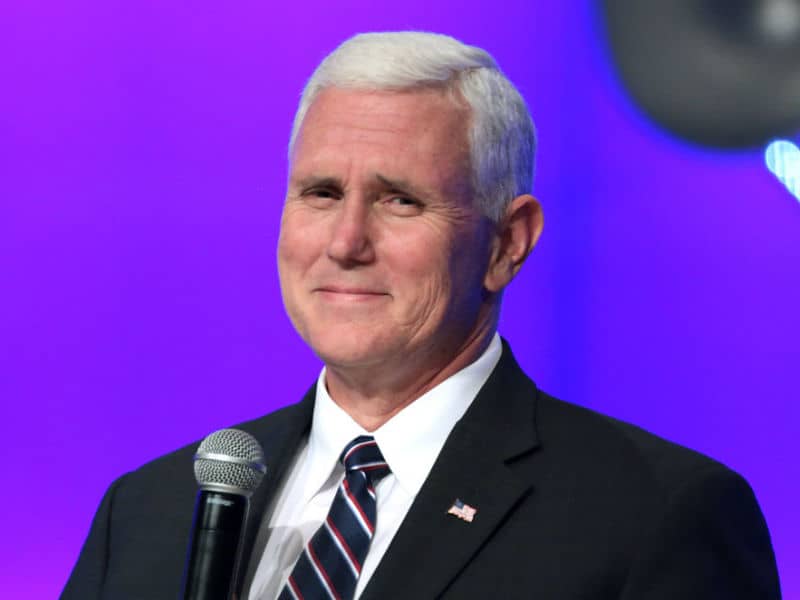So when he rode to the U.S. Capitol Saturday (Jan. 20) to become the nation's 43rd president, many were waiting to see whether Bush would use his inaugural speech to provide any details on the next four years of faith in the White House.
While the details were few, his vision was crystal clear and undeniably inclusive.
"Church and charity, synagogue and mosque, lend our communities their humanity, and they will have an honored place in our plans and in our laws," Bush said.
Saying that "America, at its best, is compassionate," Bush rallied the nation to seek a "common good beyond your comfort" and "communities of service and a nation of character."
"When we see that wounded traveler on the road to Jericho, we will not pass to the other side," Bush said, referring to the biblical parable of the good Samaritan.
So what do the next four years look like for the murky intersection of private faith and public policy? It depends on whom you ask.
The Rev. Bob Edgar, general secretary of the National Council of Churches, watched Bush's speech from an airport terminal in Daytona Beach, Fla. He said he welcomed Bush's call for inclusive faith-based action, but said churches and other groups cannot shoulder the burden alone.
"It is simply a recognition of the kind of culture we live in," Edgar said. "Clearly he believes in the separation of church and state, but not the separation of people of faith and the government."
"There were times in this address when it appeared Bush had not only been elected president, but also elected national pastor," said Lynn. "His suggestion that churches would play an honored role in his plans and laws demonstrates his deep misunderstanding of the constitutional separation of church and state."
Bush's inaugural words portend a shaky future for church-state issues under the Bush administration, Lynn said, particularly given the new president's interest in establishing a White House office for faith-based programs.
A more conservative leader, however, said there should be little surprise at Bush's emphasis on faith and values. Richard Land, president of the Southern Baptist Ethics and Religious Liberty Commission, said Bush's was the most "overtly religious" inaugural speech he can recall -- something that would be troubling for Lynn, but welcomed by Land.
"As much as Barry is perturbed by this, we are not a secular nation," Land said. "We have a secular government, but we are not a secular nation."
With just one word -- "mosque" -- Bush opened the door for an
increased role for American Muslims, a growing community in both size
and influence that solidly backed Bush in his quest for the White House.
Ibrahim Hooper, a spokesman for the Council on American-Islamic
Relations, said Bush's speech signaled a "growing recognition of the
Muslim community in the United States" that bodes well for Muslim
influence, adding later that "We'll just have to wait and see what
develops."
Bush's recognition of Muslims in his speech reflected a commendable
"spirit of inclusion," said Rev. C. Welton Gaddy, executive director of
The Interfaith Alliance, a watchdog of the religious right.
But he cautioned that the Bush administration must walk a fine line
between honoring the Constitution and according faith an honored
position in government.
"I think one of the great challenges of his vision of compassionate
conservativism is defining the place of church, mosque and synagogue in
those plans for the nation in a manner that protects the integrity of
religion and the principles of the Constitution," Gaddy said.
The boundaries of Bush's inclusive spirit will be put to the test
soon since Bush must "work on healing among people who are opposed to
him," Gaddy noted.

